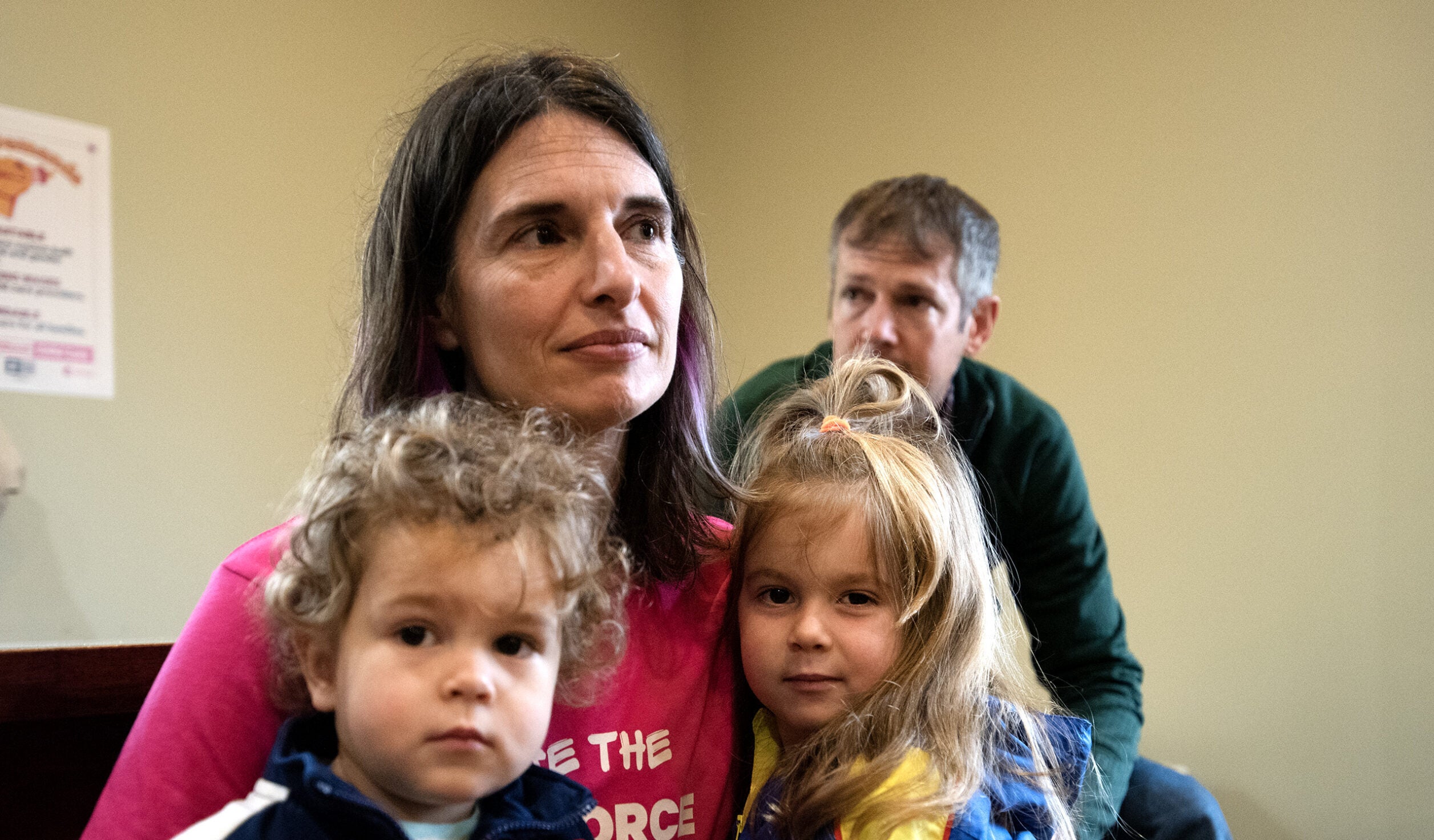Whoever wins the upcoming gubernatorial election will dictate the direction that health care policy takes Wisconsin, through deciding whether to expand Medicaid and through potentially changing health care for even more residents under a little-known federal rule.
When the U.S. Supreme Court upheld the Affordable Care Act in 2012, it surprised many officials by allowing states to opt out of Medicaid expansion. Many Republican-controlled states did just that, and while some have since changed their minds, Wisconsin has not.
Gov. Scott Walker first started giving hints about his health plan in February of 2013, saying it was designed to reduce Wisconsin’s uninsured, “but also reduce the number of people who are dependent on the government on a permanent basis.”
Stay informed on the latest news
Sign up for WPR’s email newsletter.
Said Walker: “I want to provide a ‘hand up,’ not a ‘hand out.’”
His unique plan used mostly state funding to partially expanded BadgerCare, the state’s Medicaid program, but only to those below the poverty line. Wisconsin rejected federal money to expand Medicaid to slightly higher-income people. Critics say that decision resulted in fewer people covered, at greater expense to state taxpayers.
“Wisconsinites lost in the sense of having to spend over $200 million in state tax dollars unnecessarily. We could have used that money for any number of useful purposes,” said David Riemer, a senior fellow with the Public Policy Institute in Milwaukee.
The $206 million is over a two-year period, and the savings would have climbed even higher with time. But Walker argues the federal government might not make good on its promise to pick up the full tab for Medicaid expansion through 2016. After that, the state has to gradually kick in money, up to 10 percent.
In a forum this spring before the Milwaukee Press Club and Milwaukee Rotary, Democratic gubernatorial candidate Mary Burke said she “definitely” would have taken the federal Medicaid expansion money to cover those who likely can’t afford private insurance.
“They are getting sick and they are getting care,” said Burke. “Unfortunately it’s now charity care from hospitals. That makes insurance and health care more expensive for all of us. This money comes into our economy. It helps to create jobs, it does provide people with insurance.”
Walker nevertheless remains steadfast.
“We’re doing something unique,” he said. “We’re covering everyone living in poverty for the first time. And moving forward, I don’t think people of Wisconsin want us to expand Obamacare. I think if anything they’d like us to repeal it.”
A Marquette University Law School poll found 50 percent of Wisconsin voters have an unfavorable view of ObamaCare. Another 39 percent had a favorable view. When asked in March if it would affect how they vote, 45 percent said that it it wouldn’t.
Another Marquette poll found 56 percent of registered voters support taking the federal money to expand Medicaid.
The next governor could also reshape key parts of the ACA in 2017 through what’s known as the State Innovation Waiver. Donna Friesdam with the University of Wisconsin Population Health Institute said the waiver would allow states to potentially drop — or enhance — the individual mandate, tax credits, and the employer responsibility requirement.
“It’s a very significant provision of the law. It’s one of the largest flexibility provisions within the law. I think people haven’t talked about it because 2017 seems far away,” said Friesdam.
The waiver does come with strings attached: States must cover at least as many people as they do now at no additional cost to the federal government.
Vermont has already signaled its intent to use the waiver to create a single-payer system.
Wisconsin Public Radio, © Copyright 2024, Board of Regents of the University of Wisconsin System and Wisconsin Educational Communications Board.






